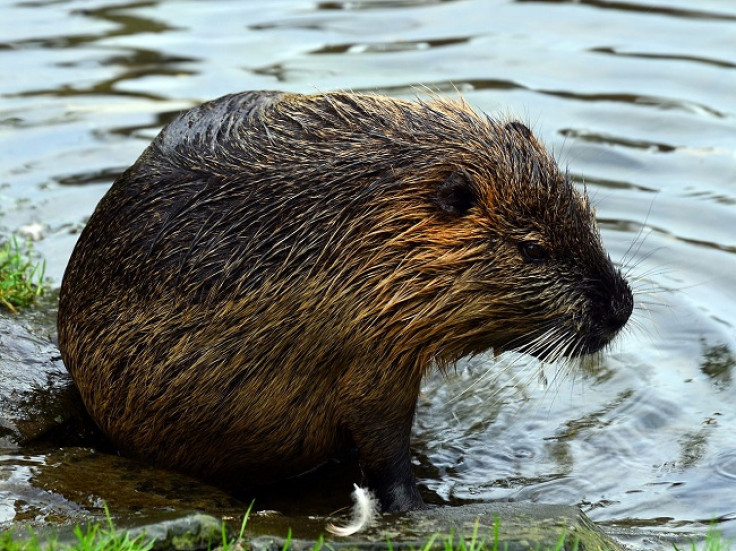Eager beavers: Beaver reintroduction hailed a success in Scotland as species get native status
Eurasian beavers were hunted to extinction in the UK 400 years ago.

After reintroduction efforts over five years, the beaver is officially back in the UK. The Scottish government announced on Thursday (24 November) that the species were now getting native species status, 400 years after they were hunted to extinction across the UK.
The Scottish Wildlife Trust (SWT) and Royal Zoological Society of Scotland welcomed the news. It is the first time that a mammal has been formally reintroduced to the UK.
Though beavers will now be able to live naturally and peacefully, SWT said that for a long-term future, further releases will need to take place across Scotland. Beavers are a keystone species, said SWT, "one that plays a unique and crucial role in its natural environment". The activities of beavers lead to better lives and opportunities for surrounding wildlife.
Chief Executive of SWT, Jonathan Hughes, said: "This is a major milestone for Scotland's wildlife and the wider conservation movement. Beavers are one of the world's best natural engineers. Their ability to create new wetlands and restore native woodland is remarkable and improves conditions for a wide range of species including dragonflies, otters and fish."
Scottish secretary for the Environment, Roseanna Cunningham, announced the new classification saying it was a "major milestone" in protecting Scotland's biodiversity. She was also careful to mention farmers, who have been worried that the rewilding of Scotland could create problems for them.
"I have been determined to find a pragmatic approach, which balances the biodiversity benefits of reintroducing beavers with the obvious need to limit difficulties for our farmers. I want to be absolutely clear that while the species will be permitted to extend its range naturally, further unauthorised releases of beavers will be a criminal act," Cunningham stated.
© Copyright IBTimes 2024. All rights reserved.






